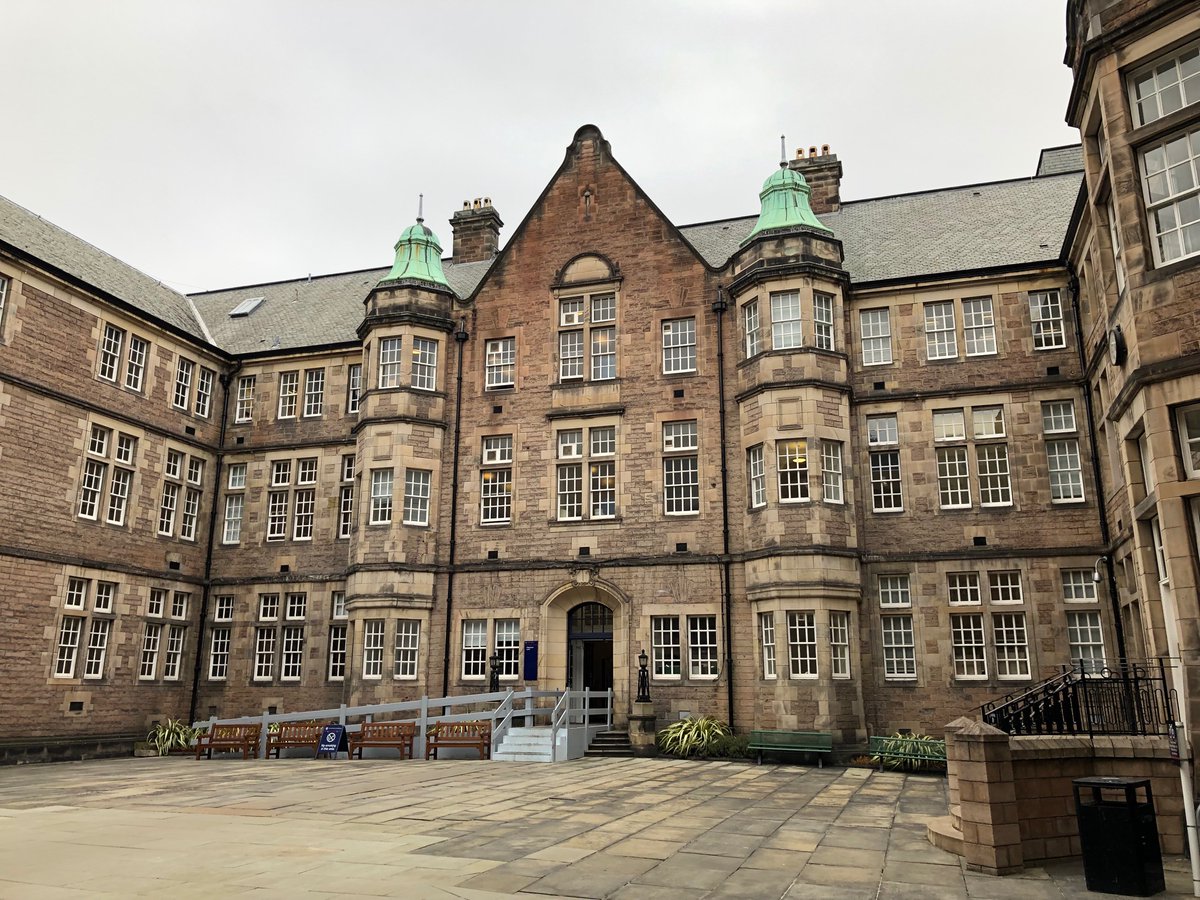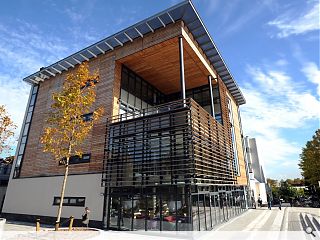On 27th March the Scholarly Communications Team at the University of Edinburgh were delighted to host the 6th regular meeting of the Open Access Scotland Group at the impressive Paterson’s Land building (pictured above).
The Group aims to provide a voice for open access in Scotland, allow the sharing of best practice, facilitate opportunities for networking between stakeholders, and lobby on behalf of Scottish organisations. It is an open group and comprises members from Scottish HE institutions and other allied organisations, like academic publishers, software vendors, local and national government agencies and research funders. The group also has honorary members from Iceland and Northern Ireland.
The event on 27th March was attended by 40 people representing over 20 organisations.
The first speaker was Pauline Ward who gave a well received talk on Open Science Approaches – including the fantastic Research Data Service at the University of Edinburgh.
During the main session we had a facilitated discussion around issues such as the use of research notebooks, how to do open access for Practise-led Research, and updates on Plan S, UK-SCL and Jisc Support.
The draft notes from the event are available online here:
https://docs.google.com/document/d/19OZEX6QajIl-LNgUrGsY-Fdk7LSGUUhvfp0GM2Jubg4
If you are interested in Open Access and are based in Scotland then I would heartily recommend joining up to the Open Access Scotland Group. The next meeting is pencilled in for September and will probably be hosted by the University of the Highlands and Islands in Inverness. Hope to see you there!



